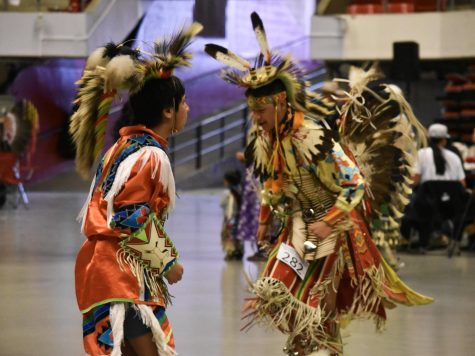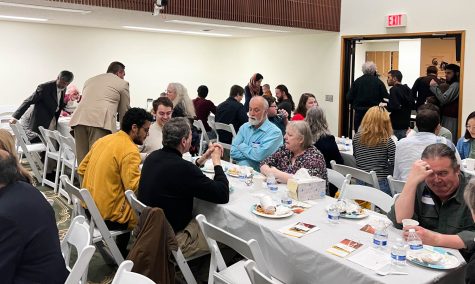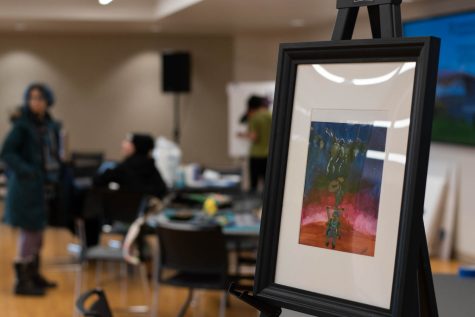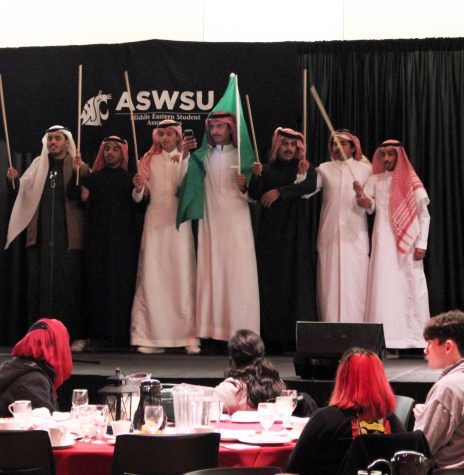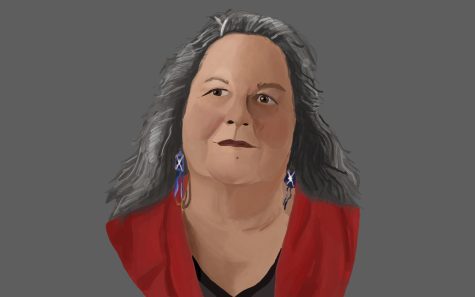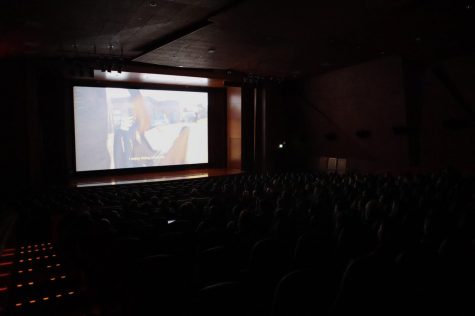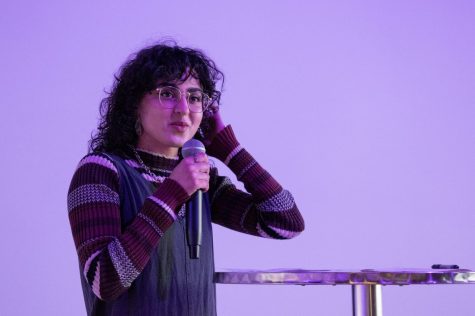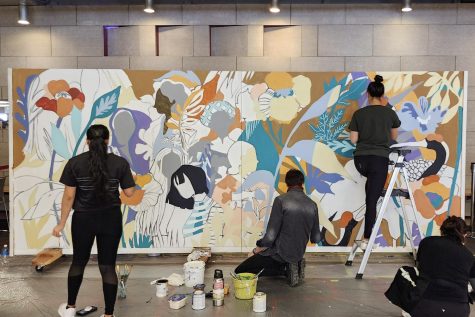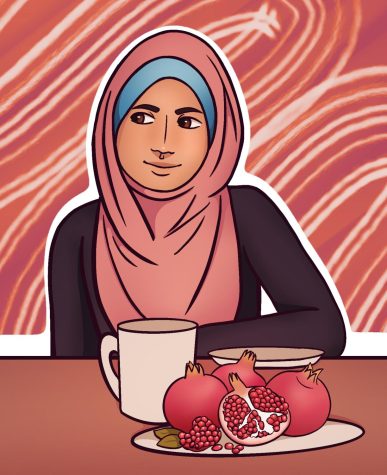Analyzing honesty
November 14, 2013
Perplexed students walked past an unmanned kiosk in the CUB Tuesday, Nov. 12 with racks of tea and a box with a sign that said “Put money here.”
Little did they know, it was a test of their honesty.
Honest Tea makes a variety of organic beverages including tea, fruit drinks and fizzy options.
“We believe honest ingredients are the best,” said Jordan Mitchell, Honest Tea’s public relations and social media manager. “We use real organic tea leaves because we believe they taste better.”
Mitchell said about six years ago, a couple of Honest Tea’s marketing managers had the idea to leave a cooler of tea on the sidewalk in San Francisco and see what happened. They taped the entire event and found hilarious results. In about twenty minutes, all the bottles were gone.
This idea developed into a social experiment on the national level. Teams of Honest Tea representatives set up kiosks with bottles of Honest Tea, but left the table unattended for most of the day. They also left a transparent cash box. There was no incentive to pay or punishment for choosing not to. People simply chose whether to take the tea and leave or pay for it.
“We’re so passionate about honesty, so how do we create a program to see if Americans are with the idea?” Mitchell said. “We ask the question: How honest are people when nobody’s looking?”
According to Mitchell, a lot of interesting stories have arisen from these experiments. Some people paid a dollar, and some just took the tea. In several cases, someone took a bottle of tea and left a five or a twenty dollar bill. In another case, someone dropped ketchup packets into the cash box.
Part of these experiments is the Honest Campus Project, which takes place at college campuses across the country.
“This was my first time seeing one of these,” junior Nancy Lopez said. “It’s a cool, interesting idea.”
Mitchell said Honest Tea does almost nothing to the data it collects. Most of it ends up in the National Honesty Index, which the company shares on its website. While all the data isn’t in there yet, Mitchell said the population is consistently honest with little wavering.
“There is a norm in most societies that says when someone is completely at your mercy, you should not take advantage of that,” said Craig Parks, a social psychology professor at WSU.
Parks said the tea booth is not unlike other social experiments. In another experiment, a participant is given $100 and he or she chooses how much of it to give to another person in another room. These studies revealed that people give an average of 35 to 40 percent.
“The explanation seems to be that, when put in this situation, you realize this person is completely dependent on you for any outcome at all,” Parks said. “If you decide the other guy leaves with nothing, they can’t do a single thing about it.”
Parks said this is exactly what Honest Tea is doing. The experiment puts people in a powerful position, where they could take ten bottles and not pay a thing. But due to social norms, most people would think it’s wrong to take the tea without paying, Parks said.
Elliot Dee, Honest Tea’s Pacific Northwest marketing manager, said 70 bottles were taken and he collected $65.10, which was donated to the Pullman Food Bank. In Honest Tea terms, Dee said WSU students are about 93 percent honest.
“We usually like to guess about 85% honesty,” Dee said. “So this was a good turnout.”










